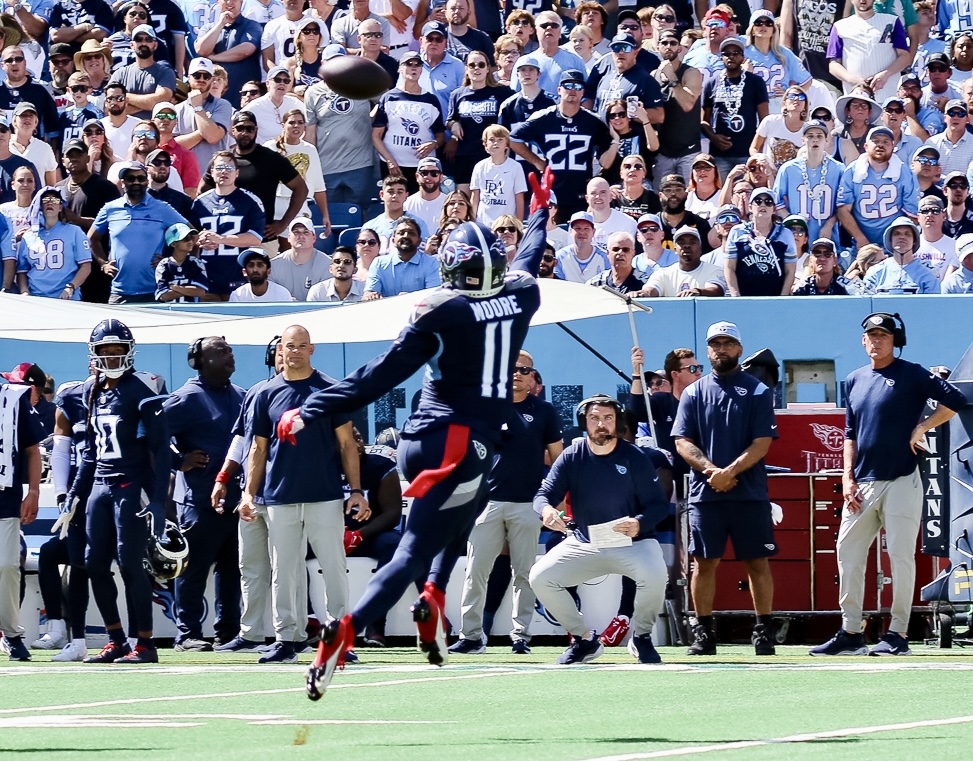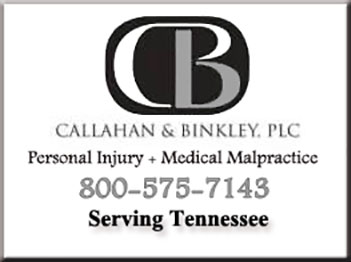NASHVILLE, Tenn. – After the Titans’ excellent offensive output in Sunday’s sparkling win over the Bengals, Mike Vrabel was quick to deflect a question about Tim Kelly’s play-calling.
“I think all the credit goes to the players,” Vrabel said. “It does. We make all this up about play-callers. Give them a play and they go execute it. It's up to the players and they did a great job. That's what I'm saying.”

Are some plays better than others? Are they better designed? Do they stand a better chance to work given what a defense is doing?
Sure. And we can tell some of that, particularly when one layers nicely on another or when something might build now on something that unfolded earlier.
But we tend to oversimplify our rating of play-calling, and I try to stay away from it because of that.
The public discourse of the Titans says the play-calling against the Browns was terrible and against the Bengals was excellent. Well, the Titans played horribly in the first game and terrifically in the second. Those are pretty easy lines to draw. Was the root of it the play-calling?
“It’s big,” Aaron Brewer said of play-calling. “But at the same time, you can draw up plays but it’s going to be the players that bring them to life. You can draw up any play and if everybody was to dominate the person across from them, it would work. That’s a true statement. It’s all about the players bringing the plays to life.”
 I think the basis of the Browns’ loss was bad play – lost one-on-one matchups and poor execution of a bad plan. The pass protection was terrible, there was zero room for Derrick Henry or Tyjae Spears, passes were dropped, throws were missed, 53 percent of the plays were for no gain or negative yardage, Browns’ drives were extended by penalties and the Titans didn’t adjust to the way the game was officiated, the pass pressure didn’t finish, the coverage broke down.
I think the basis of the Browns’ loss was bad play – lost one-on-one matchups and poor execution of a bad plan. The pass protection was terrible, there was zero room for Derrick Henry or Tyjae Spears, passes were dropped, throws were missed, 53 percent of the plays were for no gain or negative yardage, Browns’ drives were extended by penalties and the Titans didn’t adjust to the way the game was officiated, the pass pressure didn’t finish, the coverage broke down.
Play-calling factors in there. But it’s not the primary reason the Titans lost. They were overmatched.
A week later, everything went right.
The Titans hit on play-action passes, the run game got going, pass protection was far better overall in the framework of a better plan that used horizontal space better, putting Tannehill on the move some and adding some short, quick pitches to Henry that was part of what helped get him going en route to 122 ground yards. The defense regularly pressured an immobile Joe Burrow, with blitz help from Azeez Al-Shaair and Kevin Byard and the explosive plays that have been such a problem were erased, with nothing longer than 17 yards.
What keyed it? Execution. The fact that the Titans generally had favorable third downs opened things up for Kelly’s play-calling. If first and second downs are loaded with penalties, drops and blown blocks, the offensive coordinator doesn’t get there.
It’s awfully easy to look at the Titans getting killed in a game and say bad play calling” and look at them playing great in the next and say “good play calling” and just too simple when there is a lot more context.
The Titans had all sorts of offensive struggles on opening day in New Orleans when they didn't score a TD.
Yet Kelly dialed up two great plays, a flea flicker to Chig Okonkwo and a pass up the left side for Tyjae Spears. Both were wide-open for touchdowns. Both were overthrown by Ryan Tannehill. Had he connected on either the Titans probably would have won. But few discussions about the play calling covered the two great calls that found room against a defense that was stingy all game for a quarterback who was struggling. And Kelly didn't expect any credit for them as they weren't executed.
I asked Vrabel to expand on what he said after the Bengals' game.
“The play comes in, the 11 guys that are on the field are the ones that make it go, whether they're on the same page, whether they're executing a call,” he said. “That's the most important thing: is a guy being able to communicate whether we call man coverage, and you got an opportunity to get picked and guys are communicating, and they try to pick you and they don't get picked. It's an incompletion and they punt.
“It's about just trying to give them the opportunity to know and have confidence in the call and the play and then go execute. I think there's good plays that don't work and I think there's bad plays that work. I don't know what to tell you. It’s just the whole guru mentality. I think that it gets executed. Whether you think it's a good call or bad call, you'll know by the way the players execute it.”
Run-pass balance, first-down or down-and-distance tendencies, predictability -- all those things can be obvious questions.
But overall play-calling is a big bucket. I think Vrabel, Kelly, Shane Bowen and anybody calling plays or overseeing play calls are entitled to narrower complaints.











You are not authorised to post comments.